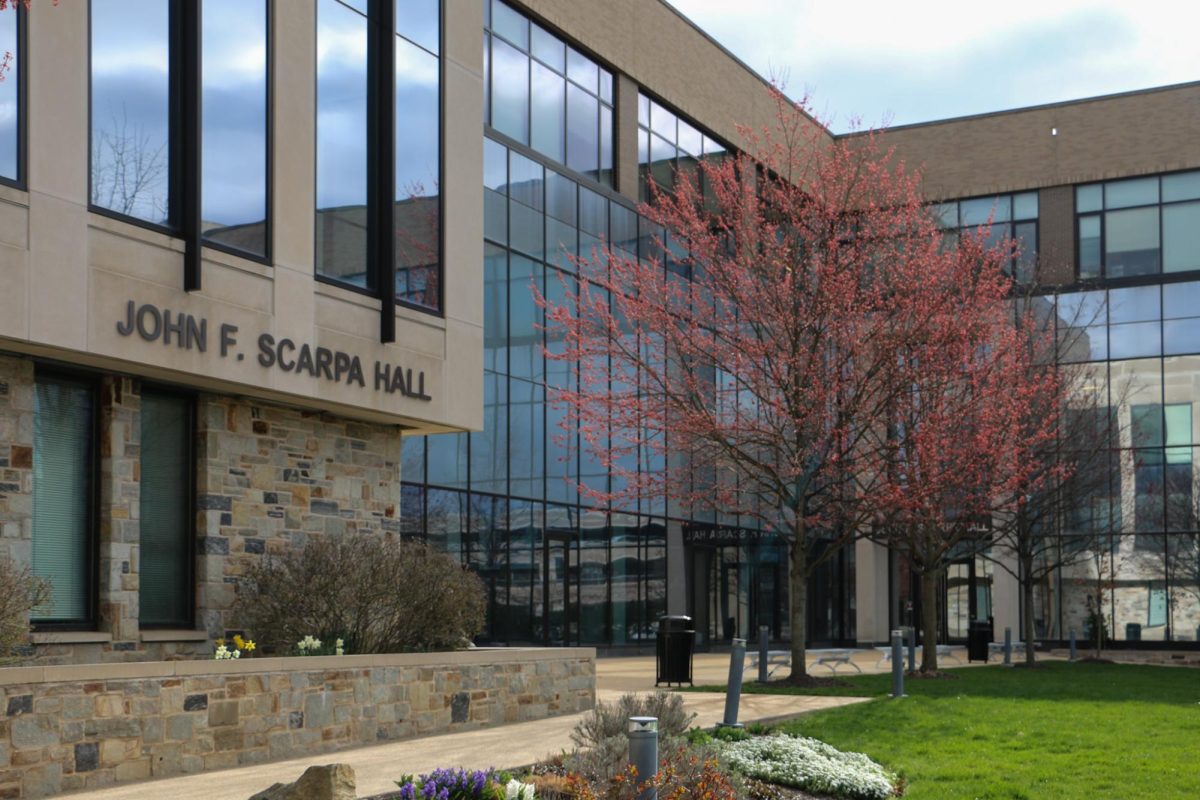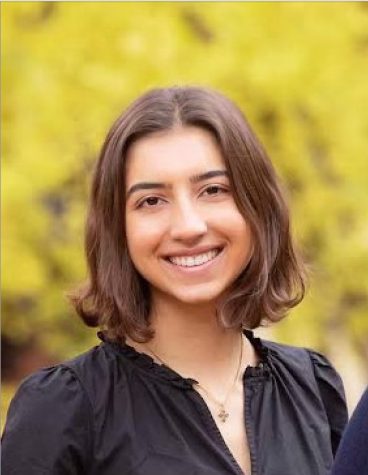In a sponsored program entitled, “Free Speech and Higher Education,” Judge Kyle Duncan hosted an open discussion at Villanova Law School. Per a press release from the University’s McMullen Center, the event was advertised to address campus illiberalism, the constitutional nature of free speech in academic settings and Judge Duncan’s experience with student protestors at Stanford Law School (SLS) in 2023.
Duncan should not have been invited to speak at Villanova. For a school that prides itself on truth, unity and love, its praise of a figurehead that promotes the very opposite of these values is nothing short of disappointing. Duncan has demonstrated a blatant lack of respect for minority communities, specifically LGBTQ-identifying persons. His presence on campus is a direct threat to those whom his actions have personally touched.
Duncan was appointed to the United States Court of Appeals for the Fifth Circuit by former President Donald Trump. As a right-wing traditionalist, Duncan has made several decisions during his tenure that uphold conservative values. These include direct attacks on reproductive care, LGBTQ+ rights and transgender identity.
For example, during the COVID-19 pandemic, Duncan supported a Texas ban on abortions under the pretense of a public health crisis. He also made a series of decisions that hindered abortion access in Louisiana and Mississippi, among other southern states. Additionally, in 2015, he argued before the Supreme Court against the constitutionality of same-sex marriage.
Duncan has also openly stated discriminatory views from the bench, using hostile and derogatory comments toward transgender-identifying individuals. In United States v. Varner, a transgender female motioned to change the name on the record to reflect her identity correctly. Duncan refused the motion, speaking in great detail about why courts should not be compelled to grant such a request.
Duncan’s more recent notoriety stems from a 2023 encounter at SLS. There, Duncan was invited to speak at an event open to both law and undergraduate students of the University. According to the Stanford Daily, his program was slated to cover, “Guns, Covid, and Twitter.” Several LBGTQ activist groups petitioned to cancel the event or re-organize via Zoom to prevent the negative influence that his presence would spark on campus. SLS declined, giving Duncan the chance to speak.
At the event, student protestors probed Duncan with questions regarding his values and legal decision-making. Stanford University’s Dean of Diversity, Equity and Inclusion, Tirien Steinbach, also partook (and has since been declared by SLS to be “on leave”). Duncan condemned the protestors’ actions, stating that it was well within his rights to speak on a private campus as a guest. However, the event garnered national controversy given the intolerant nature of his program content.
Duncan’s event masqueraded as a celebration of free speech and personal liberty. However, opinions that intrinsically alienate multiple subsects of students should not be praised. The University’s decision to host Duncan was not empowering. It merely created the means to perpetuate hateful belief systems.
Like Stanford, Villanova is a private institution. Thus, it is not bound by the First Amendment’s guarantee of federally-protected free speech. This understanding is baked into the price of Villanova tuition: students pay for certain privileges that do not apply on state-funded campuses.
At this event, Judge Duncan recognized this fact. He supported Villanova’s role as a non-state actor, saying, “As a private organization, [Villanova] ought to be able to set their own rules. The principles of free speech have particular purchase at this kind of institution, and any self-respecting religious university should allow debates to take place even if they’re outside a specific realm of beliefs.”
Can Villanova legally abide by a different set of rules as a private entity? Yes. Nevertheless, Villanova must ensure that the well-being of all students is protected. There is a substantial lack of diversity at Villanova Law School. Cyclically, this sustains a culture where one group is catered to instead of all. The overwhelming majority of white, cisgender, upper-class students may not feel threatened by Duncan’s presence on campus. Yet, there remains a vibrant community of students who feel otherwise. Their needs matter, too.
Cristina McNish, a political science student, stated that Duncan’s presence at school would cultivate an unsafe environment. Furthermore, she attests that he will cause divides among the existing student body.
“Bringing [Judge Duncan] to campus may silence or alienate students who hold differing beliefs, hinder open dialogue and foster division among the student body,” McNish said. “Given his harmful ideologies and practices, his right to speak on this campus seems absolutely unwarranted.”
Mike Whaley, another hopeful law student, agreed that Villanova’s decision to host Duncan was unethical. He also offered a more nuanced look at the long-term cost of promoting similar events.
“At such a notoriously conservative school, you’re going to get a less diverse application pool,” Whaley said. “You’re going to tailor things to the needs of those students, specifically if they are of only one racial, cultural or socioeconomic group. At the end of the day, only offering one side of the narrative is setting students up for failure. If you cannot understand multiple sides of an argument or make an emotional relationship with your clients because they are different from you, you’re not going to be a good lawyer.”
Whaley’s point rings true, especially when looking at Villanova’s alleged goals for its ideal graduate. The University prides itself on cultivating perceptive students with transferable skills, prepared to conquer a competitive job market. However, this well-roundedness is impossible to achieve without full exposure to diverse experiences.
This is not to say that conservative speakers should be universally banned from Villanova, or that the University must constantly promote a “woke agenda.” The problem arises when a single point of view not only prevails over, but actively diminishes, other opinions. Duncan simply does not offer any new perspectives that justify the risk of promoting hate. Several similar speakers were also recently welcomed to Villanova Law, such as Judge Chad Readler. Like Duncan, Readler is a Trump-appointed Republican Judge. Through its chosen speakers, Villanova perpetuates a certain voice, at the expense of others.
Villanova must strive to support the entirety of its student body. All voices, backgrounds and opinions matter, and they deserve to be treated as such.





